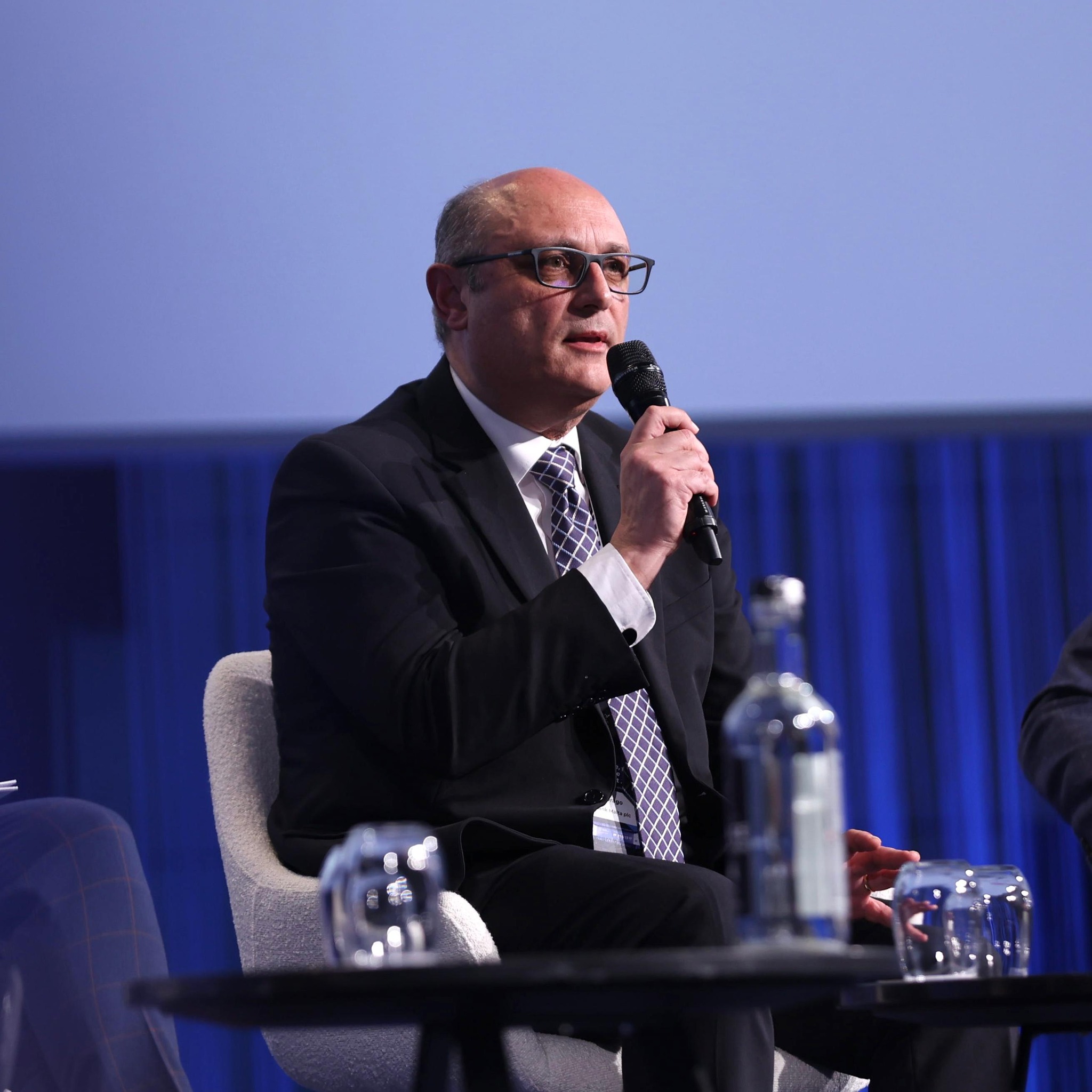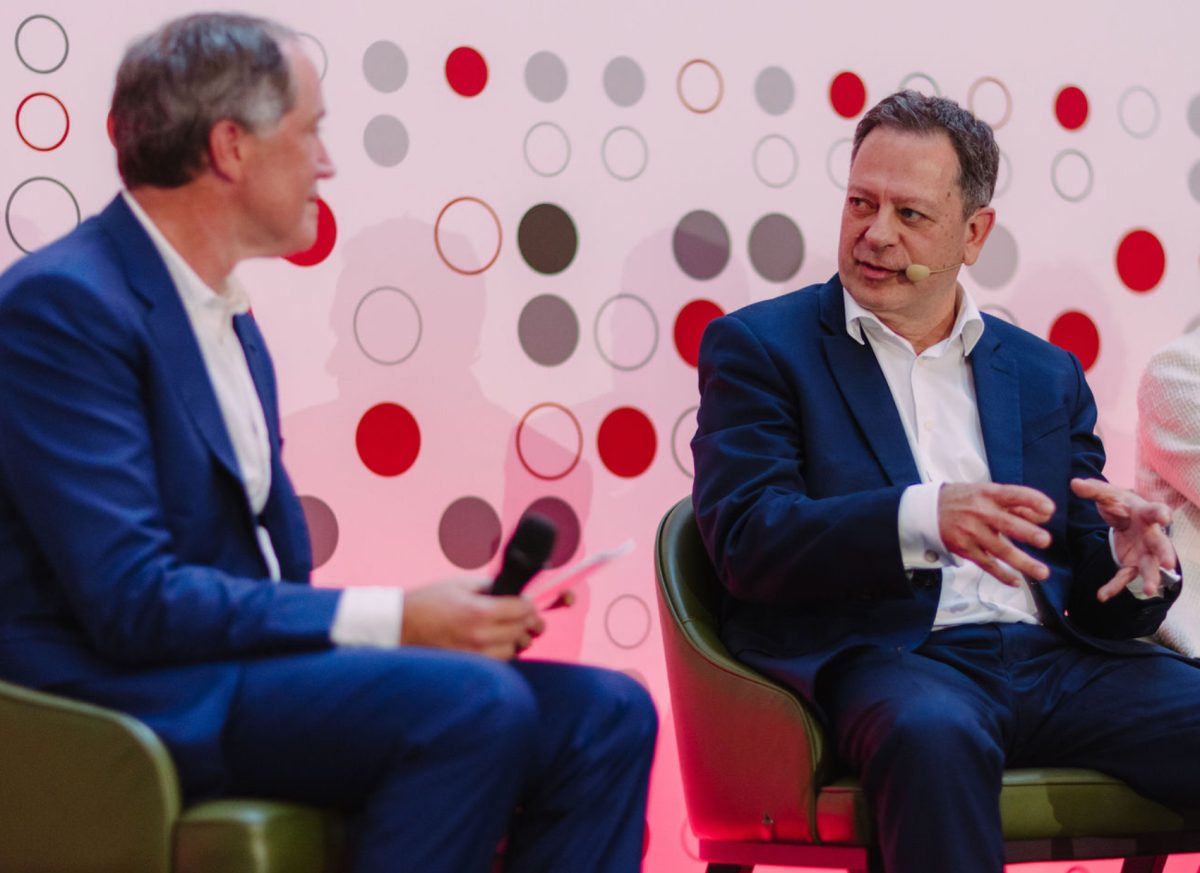You’ve got a task due for the end of the day, but for some reason, you are constantly looking at your phone and carefully reading every single email that comes in.
We’ve all been there.
Procrastination is a serious issue at the workplace, both for the people who are procrastinating, as well as for their employers. It is a self-defeating pattern of behaviour that many turn to at times of extreme pressure, limiting productivity, efficiency, and output.
Studies have found that people primarily procrastinate because of their desire to gain immediate positives, a factor which is significantly higher than the desire to delay negatives. If someone is looking forward to doing something, such as watching a movie, then they will undoubtedly want to do it right away. On the other hand, if they are dreading having to go through a long report, then they are more likely to put it off until later.
However, it is important to remember that the task needs to be tackled, otherwise there will be consequences.
So how can you overcome procrastination?
Over the years, business leaders have proposed many ways through which individuals can reduce procrastination. These include dividing a task into smaller and more manageable ones, setting intermediate goals, establishing personal deadlines, and to also find the time during which they are more productive.
Yet, what if you could tackle procrastination by being idle?
Rajan Singh, Founder of India-based consultancy firm HabitStrong, put forward this interesting solution on Thursday.

“One of the common procrastination tactics is to become busy doing something else. We want to do anything other than the task we are trying to avoid,” the experienced Consultant said.
In a bid to tackle this, he said that individuals should first assign themselves some time to work on the task at hand.
This can be done by inserting the tasks’ due date in their phone’s calendar, thus ensuring that they get regular nudges about the upcoming task and that it needs to be addressed.
Afterwards, they need to resolve that if they cannot work it, they simply have to sit and do nothing. “No checking your email, phone, or doing anything at all,” Mr Singh remarked.
“Just sit idle. And then, observe your resistance to doing the task. Notice how you feel in your body and mind,” he said.
Mr Singh explained that within a few minutes, that resistance “will likely weaken”, and at some point, the individual will then “feel ready to get started.”
This is primarily because they will be tackling their resistance to doing the task head on, not dismissing it for some form of distraction. Once they embrace the discomfort, they can take on the task and be productive.
“Staying busy is an escape. Block the escape and face your reality. Most of the time, that itself is enough,” he added.
Mark Drago named Chief Operating Officer at HSBC Malta
Mr Drago is taking over from Svetlana Maslova, bringing over 38 years of banking experience.
Kyte Global supports companies in achieving DORA and MiCA compliance following their release
With new EU regulations on digital resilience and crypto-assets set to take effect in 2025, Kyte Global is supporting organisations ...
Corinthia Group Managing Director and CEO recognised with international award
Simon Naudi was awarded the Exceptional Contribution CEO Award from Global Hotel Alliance.
Alexander Fenech takes on strategy role at Brown’s as Tiziana Ceci named CEO
The pharmacy chain also announced the addition of two independent directors to its board.








